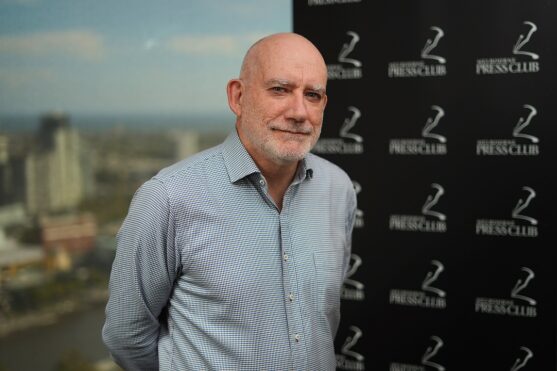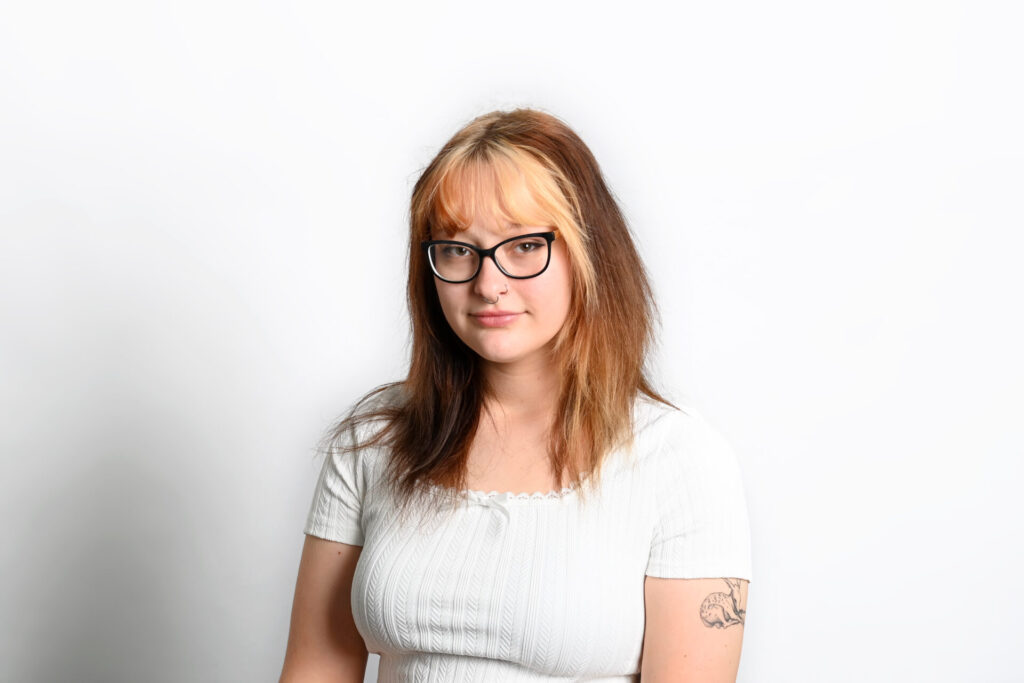Philanthropy gets behind bid to revitalise regional journalism

Since leaving Philanthropy Australia as our former storyteller, Nick Richardson has made an interesting transition – not just to the role of Melbourne Press Club CEO, but to being a grantseeker. He talks about the experience and how it has led to an innovative philanthropic partnership to support cadetships for school leavers from diverse regional communities to embark on journalism careers.
When I worked at Philanthropy Australia, I frequently wrote stories about grantseekers and grantmakers. After a working life spent largely in journalism, I was uncomfortable with the terms, and I was wary of the binary notion that you were either only after support or only dispensing it. And then, when I changed jobs, I realised that I probably had to become a grantseeker and I wasn’t at all sure how to go about it.
I’m now CEO of a very small NFP – the Melbourne Press Club. We’re a member-based organisation that celebrates, advocates and supports journalists, across Victoria.
I learned while I was at PA that if there’s one activity in Australia that has little exposure to philanthropy it’s journalism. Unlike the US in particular, there is – save for some outstanding examples – little direct philanthropic support for journalism. Sure, there is some important programmatic funding, but at a time when the old commercial model for journalism is broken, there is a desperate need to find more ways to sustain journalism’s essential role in a functioning democracy.
This funding blind spot isn’t philanthropy’s fault: journalists have this age-old cultural suspicion of money. In most instances, it’s a practised scepticism, based on the legitimate desire to separate the commercial from the editorial arms of their business. Once you accept that advertisements and editorial are fire and water, it’s no large jump to see philanthropic support for journalism as potentially compromising. But it’s not and should never be seen to be. And here’s why.
Late last year, after a conversation with PA legend Pat Burke I was introduced to the Brian M Davis Foundation. I’d been aware of the Foundation during my time at PA, but now as a grantseeker, I looked at them differently. The Foundation’s mission is lasting transformational change for disadvantaged children and young people, and one of its funding priorities is to empower children and young people through quality education and pathways to employment. That’s where my proposal came in.
Research from the Public Interest Journalism Initiative showed just how pervasive the closure of news publications has been in the past decade. PIJI’s surveys of the nation’s news deserts reveal dozens of communities losing their local news providers because of the difficulties of sustaining a print revenue stream in the digital age.
And the problem was compelling in rural and regional areas, where many established titles had closed and those that remained were running much smaller newsrooms.
This is, of course, a global problem that has yet to find a global solution. But what about a local plan, something that might help on the ground? What if we tried to support regional journalism by finding a way to help a local publisher employ more journalists? And what if we were able to give kids battling tough circumstances an opportunity at a job, and a career?
Yeah, wild idea I know.
That’s when I started to have some constructive and insightful conversations with the Brian M Davis Foundation.
In my travels at PA I had gone to Shepparton and done a podcast on how the town had coped with COVID-19. I met a range of people, including Amanda McCulloch, who later became the Executive Officer of the Greater Shepparton Foundation. I also knew of the McPherson Media Group based in Shepparton, a family business that was stalwart of the Goulburn Valley through its range of publications, including The Shepparton News.
The Melbourne Press Club has DGR1 status but isn’t a charity, which means we must partner with a charity to apply for most grants. PA showed me how collaborative philanthropy can have a particular power, so I spoke to Amanda about what I had in mind – a regional journalism fellowship that through the Brian M Davis Foundation could provide a journalism opportunity for a school leaver from the Shepparton area. Would her Foundation be willing to be our partner, the charity involved? Yes, indeed, Amanda said. And would The Shepparton News be interested? Amanda was sure they would. We spoke to them, and after some internal discussions, they encouraged us to progress the idea.
It was then that I officially became a “grantseeker.’’ And some weeks after I lodged my grant application, I officially became “a grant recipient”.
This week, we announced, with the Greater Shepparton Foundation and the McPherson Media Group, that Kayla Jones, a Year 12 graduate from Greater Shepparton Secondary College, will be the first recipient of our Regional Journalism Fellowship program, funded by the Brian M Davis Foundation. She will start at The Shepparton News next month and her position is paid for six months. A second recipient will be announced in a couple of months.

In the overall scheme of things, this is a small contribution. But in a way that I’d never expected, the possibilities of this grant filled me with a rare kind of hope: that perhaps with more opportunities like this, by partnering with engaged funders, local publishers and a community foundation, we had a new model for supporting rural and regional journalism.
And that maybe I needed to get used to this grantseeking idea.